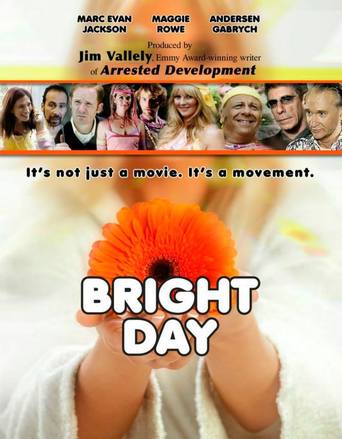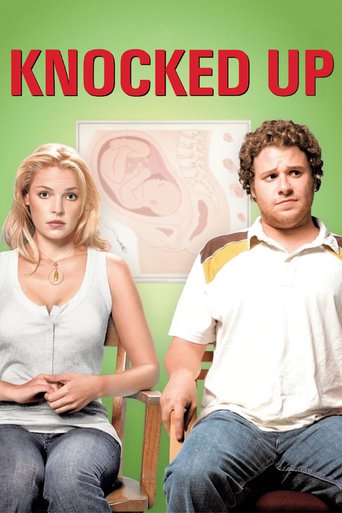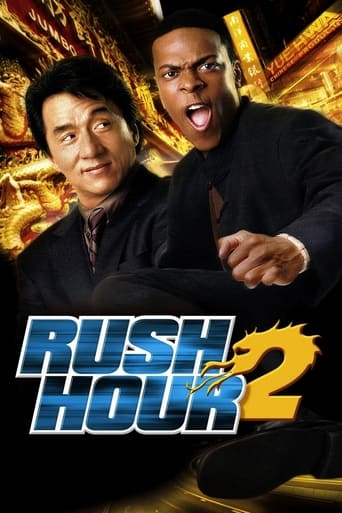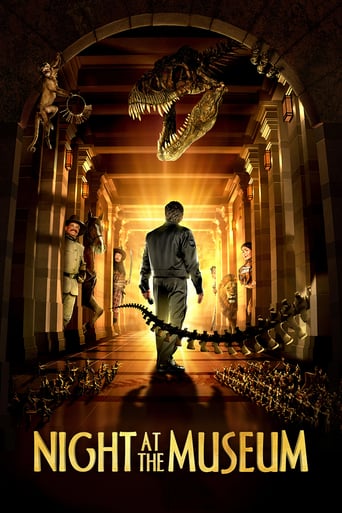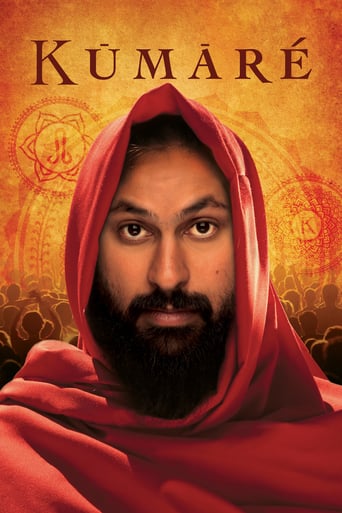

Kumaré (2012)
A documentary about a man who impersonates a wise Indian Guru and builds a following in Arizona. At the height of his popularity, the Guru Kumaré must reveal his true identity to his disciples and unveil his greatest teaching of all.
Watch Trailer
Cast


Similar titles
Reviews
The takeway is awesome - not to fall for the many fake-Gurus out there, and I wish religious fanatics would see that they are just as naive - the difference only being that they were conditioned from childhood on.However - to lead on open-hearted people and then displaying them as fools to the whole world, in my eyes is immoral and the fact that he wasn't sued and no one did come forward to complain indicates that he deliberately planned to destroy a few people's reputations by having had them sign disclosure wavers beforehand.I feel sorry for the ones who put their heart into him and now will be laughed at for the rest of their lives.
Upon finishing the movie I was outraged that a man could reveal himself to people who open their hearts to him. After thinking about it longer, it wasn't him I was mad at, it's the religious leaders I have dealt with my whole life who remain a lie.I was raised Mormon and resigned. Since then it has been a journey of finding my happiness and believing it was in another person, religion, entity but my heart felt empty upon searching for a new path. I have been quick to learn my happiness is within myself but I've seen many along the way who are stuck.This movie brought out so many emotions and helped give greater understanding to why individuals follow a religion. I used to believe it was brainwashing and I held anger against all religions, but with this movie I have come to better realization it's a sense of belonging, acceptance, and a hearing ear. Religious leaders often twist those needs and bring an idea they are the true ones and people need them. This movie does an excellent job of showing we don't need religious leaders but we do need more kind individuals out there to help each other grow. Most importantly the movie shows how essential it is to progress for ourselves. We the individual are our true inspirations.
The definition of a guru being 'darkness into light' i.e. realisation of a truth should have given Vikram some pause for thought. His quest to spread a message that he believes to be true made him real guru, not a false one. The fact that he decided to be a guru seems to be his rationale behind being false, which makes no sense. The only way he would have been a false guru is if he had intentionally misled people, which he didn't. Indeed he connected better with people as Kumare than as Vikram.The entire premise defeats his own message. The fact that these people needed someone to tell them that they should be their own guru requires a guru for the message to be delivered. It is the same message as Buddhism, Sikhism and probably other eastern traditions. The only thing he demonstrated was the difference between a real guru and a false one. Ironically he was one of the real ones with a true message, once again, defeating his own aim. Something he didn't seem to realise at any point.
Thought I would add my own take on this movie since reviews are scattered. I understand the ethical dilemma with making a film like this, but I think the lesson learned far outweighs the negative impact of having participated in the movie.I thoroughly enjoyed watching this unfold. Someone faulted Vikram for not making the ruse feel planned enough- but I don't. I think the true sociopaths and manipulators of society probably have a naturally aggressive, charismatic drive which helps them exploit people, but I think that its probably normal for a genuinely good person to have to feel their way into an experiment like this and sort of be guided by the reactions and responses they receive. I felt that it added honesty to the experiment. Psychologists have conducted experiments on unknowing subjects to learn about a variety of topics- like how easy it is to get a person to torture another just because they are told to do so- the person believed they were inflicting pain on the "actor". Some stood their ground and refused to inflict pain, but others- well, they went along with it even though they were instructed to deliver more intense (but fake) electric shocks to some victim they could hear screaming. They were not told until after the experiment that the shocks were fake and the victim was an actor. To me, this movie is no different- it is another psychological experiment that I found fascinating.I never really got the sense that the followers were being mocked. I felt like all along he was admitting that the power to change was right inside of themselves but the followers own longing and need to find a "magic key" to unlock that power kept them in denial even when "Kumare" would be honest and frank about it with them- he even came right out and said "I am so fake I forget who I am sometimes" and this did not rattle the follower. I would have asked, "What do you mean?" But the fact that no one asked means they really didn't want to know. He never said that they needed him- all along he kept pointing them to their own selves. But people preferred believing, and maybe even needing, someone else to save them. And I felt that this was intended to be part of the learning experience of this movie and not a mockery. This is the entire psychological lesson gained from the test. The entire premise is about the ease of which you can lure people into a cult, or any religion for that matter. I certainly contemplated Jesus- another long haired, bearded philosopher who was a great speaker and could hold a crowd's attention. Jesus may have even fully believed everything he said. The entire population was awaiting a messiah, and many before him believed they were the awaited messiah- there were false alarms all the time. Jesus was a good speaker and he gained momentum and a following. He spoke messages that seemed directly opposite to the tone and direction of the Old Testament. Jesus taught love and forgiveness but he did not need to be crucified for people to learn to love and forgive other people. He only needed to be crucified so God himself would forgive people. All along, from the beginning, people could have been taught to love one another and forgive, but the Old Testament ordered punishment and death penalty to rule breakers- and those rule breakers were members of their own community:family, friends, and neighbors they knew all their lives. This tells me Jesus was not in alignment with the Old Testament. Jesus appears to be a guru with new age lessons for a people who were ordered to lack empathy for one another previously. The pressure and ethical dilemma began to build on Vikram because he bonded with the followers and became emotionally attached and I felt this added to the movie. I don't think this movie was made for the purpose of making money. I think the purpose was truly to explore the nature of people.




